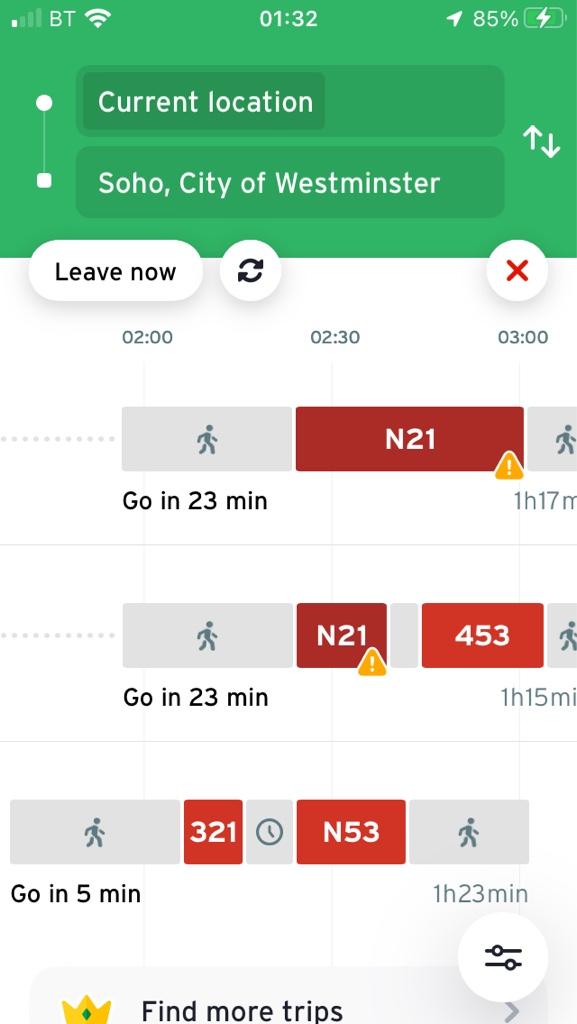You make it sound like it's all some megalomaniacal master plan. Governments can only respond, as best they can, to profound long-run shifts in demographics, social attitudes and preferences, and (crucially) technological developments.
Since 1900 the percentage of the UK population living in urban areas has increased from about 30% to more than 80% today, due to those inexorable shifts in economic and social structures.
If you're worried about food security, that doesn't require a large rural population. Currently only about 1% of the UK working population are needed to farm the 70% of the UK's land that is designated as agricultural, and that labour need will fall further with progressive farm mechanisation. So there's no pressing economic need to have a large proportion of the population living in the countryside. If they want to live there, fine, but I don't see why electorates of the future will want to subsidise them to do so.





















